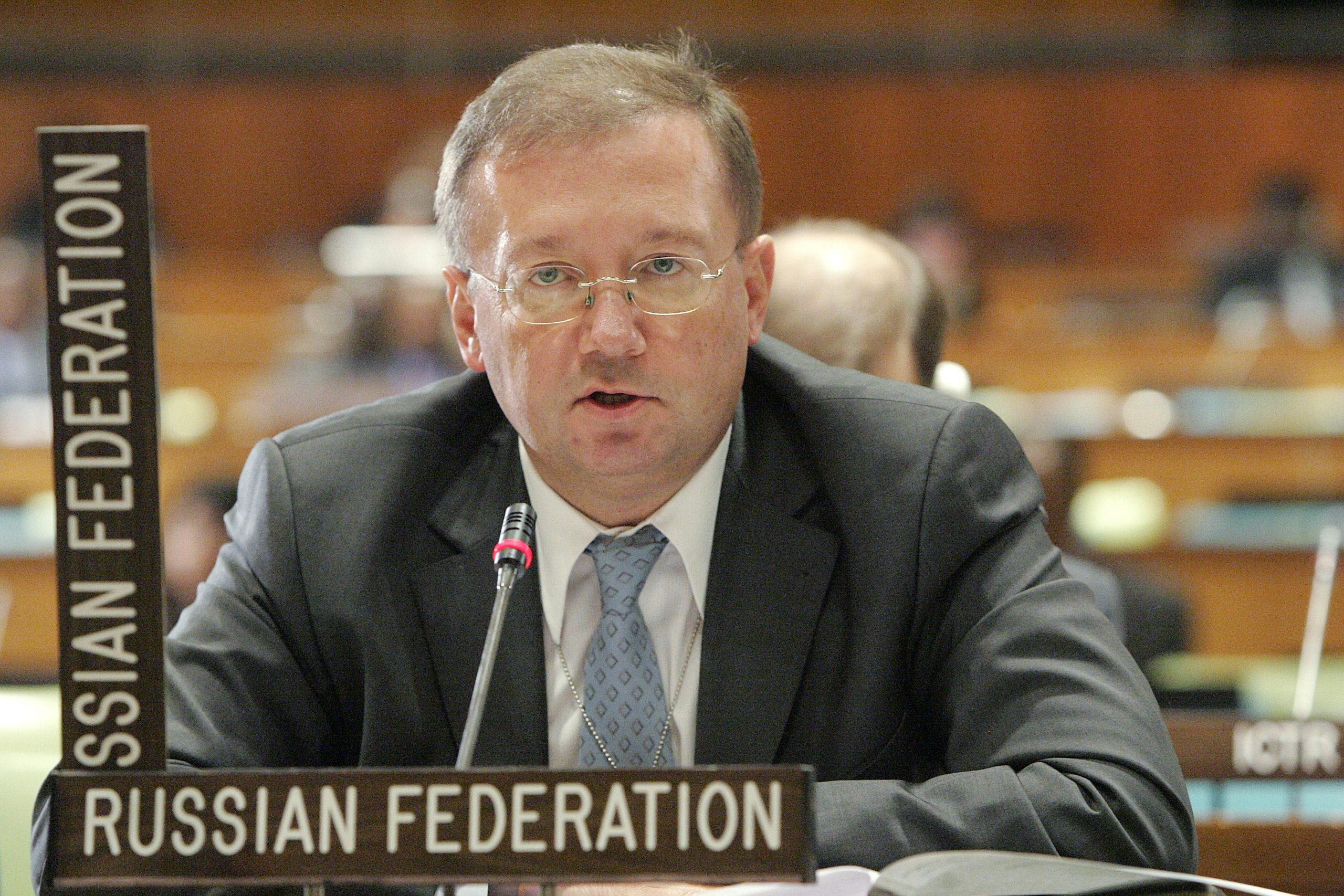(Geneva) – The prosecution of a leading Russian non-governmental organisation for submitting information to a United Nations human rights body is a flagrant breach of international law and manifestly incompatible with Russia’s membership of the UN Human Rights Council, the International Service for Human Rights said today.
On 8 April 2014, the St Petersburg City Court upheld an earlier ruling that Anti-Discrimination Centre Memorial, an NGO focused on upholding minority rights and combating discrimination in Russia, was engaged in ‘political activity’ and should be registered as a ‘foreign agent’. The ruling came on the same day as Russia’s supreme court upheld the constitutionality of the so-called ‘foreign agents law’, which requires NGOs that seek to ‘influence public opinion or policy’ and that receive funding from abroad to register as ‘foreign agents’, effectively stigmatising them as ‘traitors’ or ‘spies’.
The prosecution of ADC Memorial relied on the fact that, in 2012, the organisation submitted a report on police brutality against Roma and other minorities in Russia to the UN Committee against Torture. The Convention against Torture strictly prohibits intimidation or reprisals against any person for submitting information or a complaint alleging ill-treatment to relevant authorities.
‘The right to submit information and complaints to UN human rights bodies and to be protected from prosecution, intimidation or reprisals for doing so is a well established principle of international human rights law,’ said ISHR Director Phil Lynch.
‘Reprisals such as those against ADC Memorial breach rights set out in the Convention against Torture, the International Covenant on Civil and Political Rights and the UN Declaration on Human Rights Defenders,’ Mr Lynch said.
‘Not only do such reprisals have a chilling effect on freedom of expression and association, but they amount to an attack on the integrity of the UN bodies which rely on NGO reports and information to carry out their important work.’
In a statement issued after the intitial prosecution of ADC Memorial,* the UN Committee against Torture noted ‘Russia is a State Party to the Convention against Torture and as such should ensure that no group faces prosecution for communicating with or providing information to the Committee.’
The prohibition against reprisals is also well recognised by the UN Human Rights Council, of which Russia is a member, with a September 2013 resolution specifically calling on States to ‘prevent and refrain from all acts of intimidation or reprisal against those who submit communications under procedures established by human rights instruments’.
‘Members of the UN Human Rights Council pledge to uphold the highest standards in the promotion and protection of human rights. Reprisals against human rights defenders and contemptuous attacks on UN human rights bodies themselves are plainly incompatible with this obligation and with membership of the Council itself,’ Mr Lynch said.
In 2011, the UN suspended Libya’s membership of the Human Rights Council, with the then President of the General Assembly, Joseph Deiss, emphasising ‘the importance of a strong Human Rights Council whose members are committed to strengthening the protection and promotion of fundamental rights’.
Photo: UN Photo/Paulo Filgueiras
*In addition to its December 2013, statement, the Committee Against Torture also wrote to the Russian Federation expressing its grave concern about the prosecution of ADC Memorial and the persecution of human rights defenders and NGOs on 17 May and 28 May 2013.




